Collaboration in the Western Lake Erie Basin to Reduce Nutrient Pollution
Collaboration in the Western Lake Erie Basin to Reduce Nutrient Pollution
Collaboration in the Western Lake Erie Basin to Reduce Nutrient Pollution
Program: Dow Sustainability Fellows Program
Program details » | All Dow Sustainability Fellows Program projects »
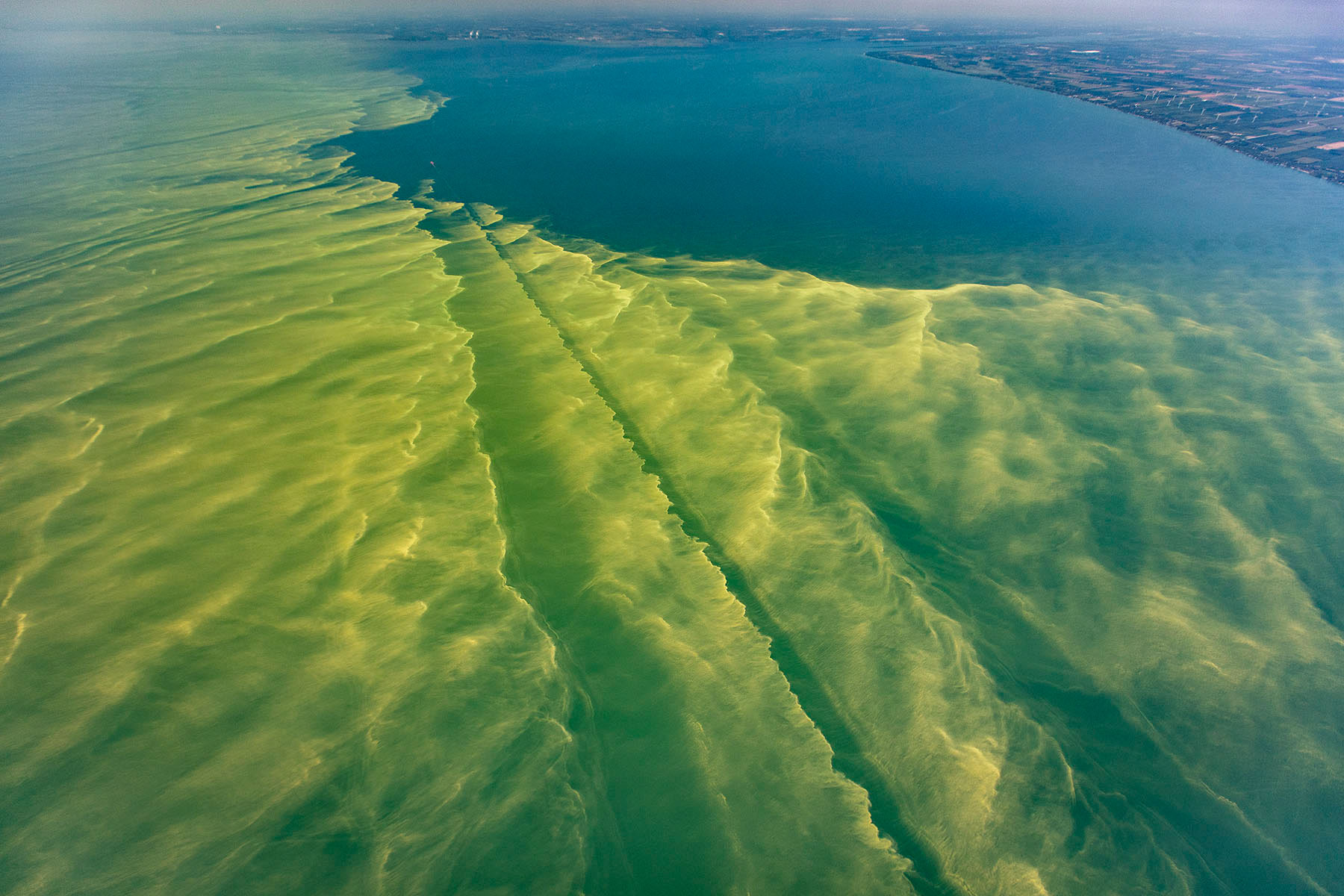
Lake Erie in Bloom. Credit: skypics.com
Project team
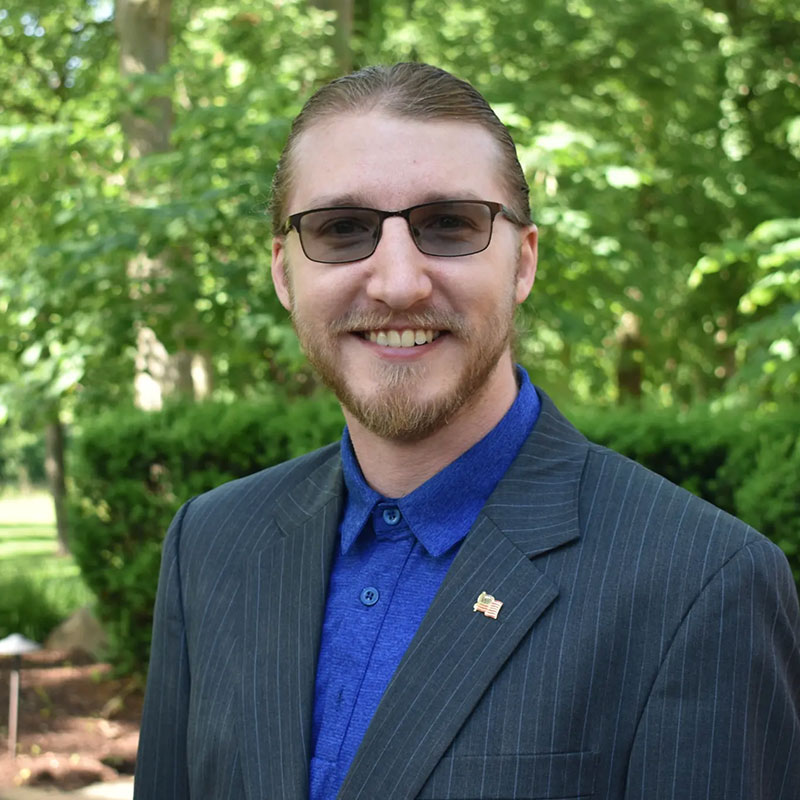
Justin Thompson
School of Public Policy & School for Environment and Sustainability
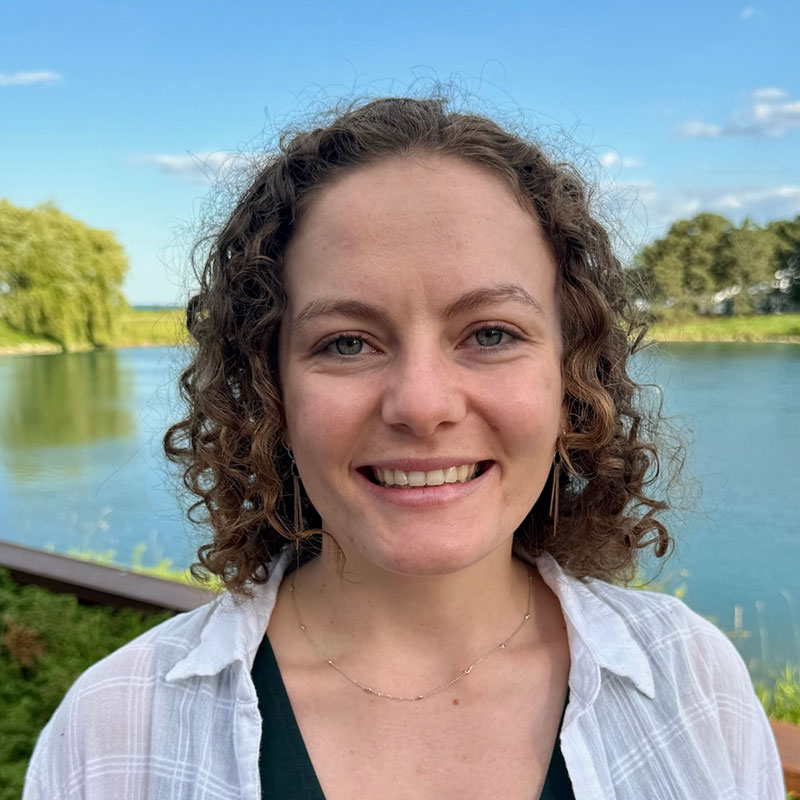
Kristina Bonnet
College of Engineering
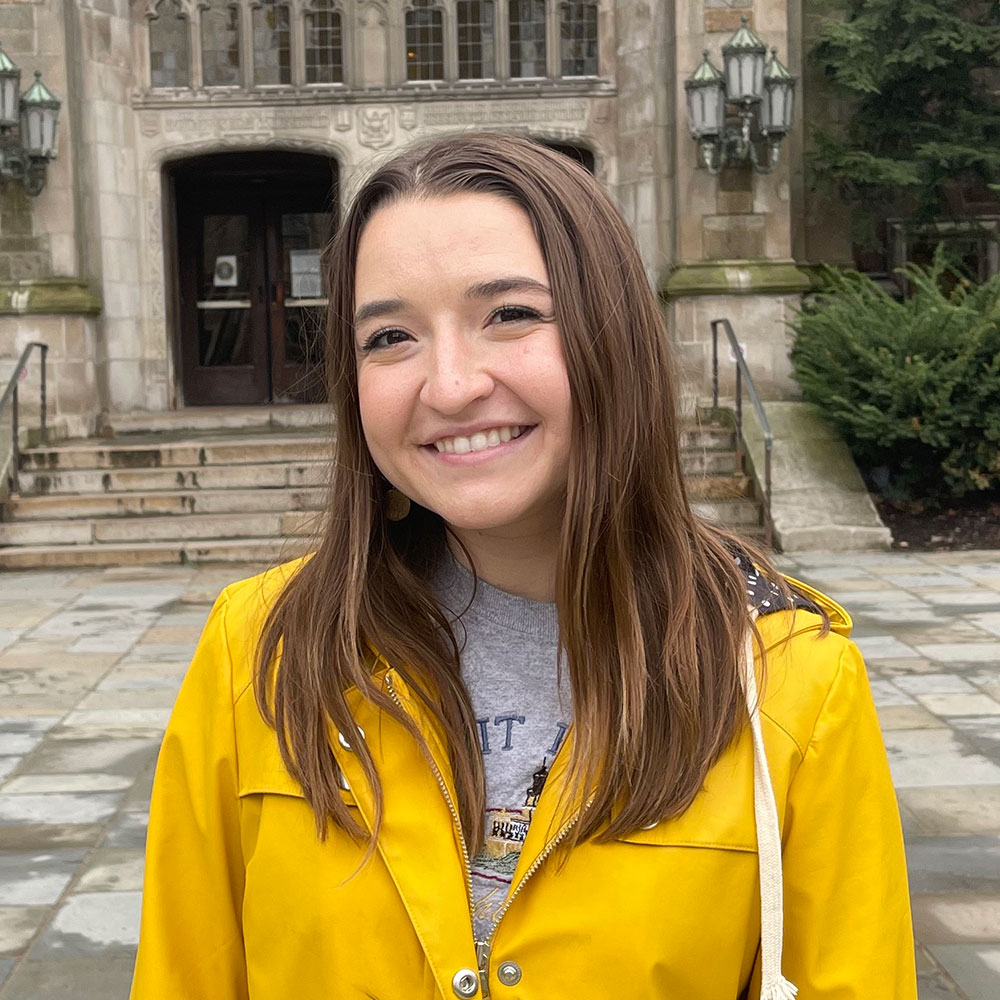
Madeline Turk
School of Law
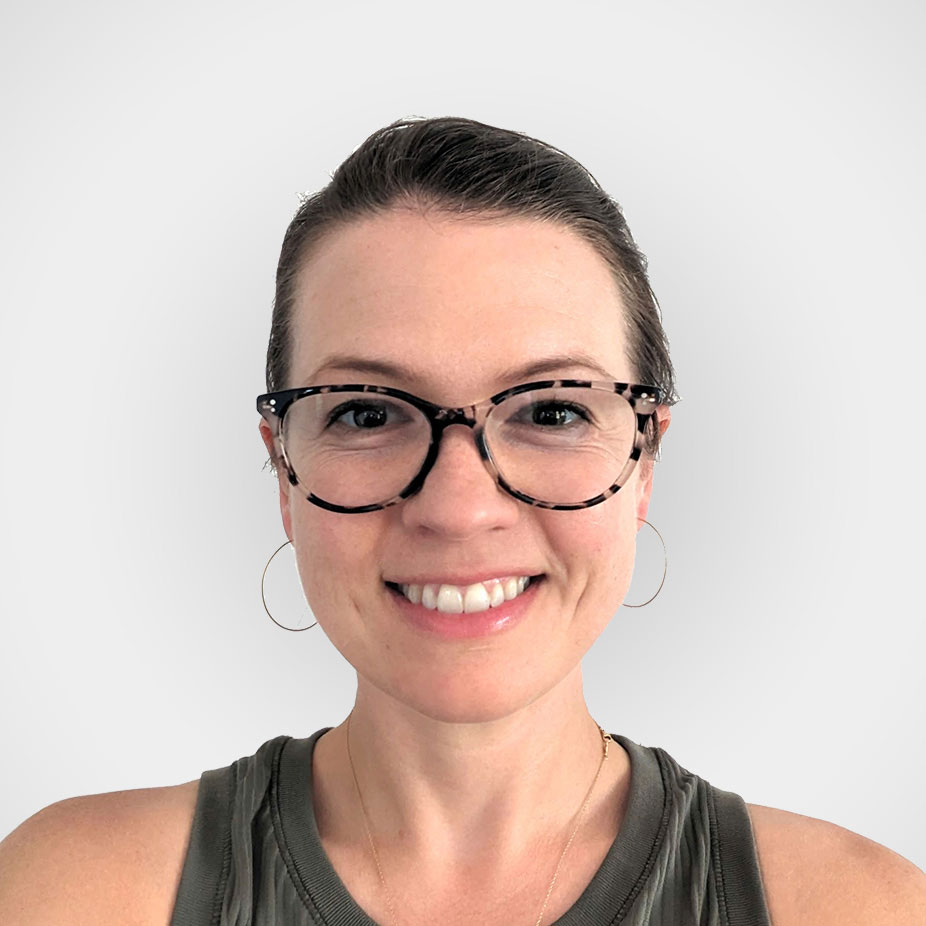
Rachael Zuppke
School of Information

Yi Wang
School for Environment and Sustainability
Project Overview
In 2024, the University of Michigan (U-M) Water Center partnered with the U-M Dow Sustainability Fellows Program to lay the groundwork for a multi-year project aimed at creating an interactive online platform featuring nutrient reduction projects in Michigan’s Western Lake Erie Basin (WLEB).
Key Project Milestones
- 2024 - database creation, initial data gathering, development of sustainability plan and recommendations for future data collection protocol
- 2025 - ongoing data collection, develop interactive online map of WLEB nutrient reduction projects
Project Goals
- Promote transparent communication of nutrient reduction work being done in the WLEB
- Increase long term collaboration between partners working on nutrient reduction projects
What Projects are Included in the Database/Web Map?
Currently funded projects taking place in Michigan that fit into one of the following categories:
- Physical (e.g. BMP implementation)
- Social (e.g. Farmer led conservation groups)
- Planning (e.g. 319 Watershed management plans)
What Information is Being Collected?
Project Information
- Project name & location
- Brief summary
- Start & end dates
- Milestones
- Contact information (name, email, phone)
Funding Information
- Award amount
- Sub-Awardees & additional partners
Project Details & Impact
- Location (county/watershed)
- Source (point or nonpoint)
- Setting (urban or suburban)
- Best management practices (e.g. filter strips, wetlands, cover crops)
- Type of work being funded (e.g. research, outreach, implementation)
- Project outputs & outcomes
How can I add my project to the database?
Please contact our team at [email protected]